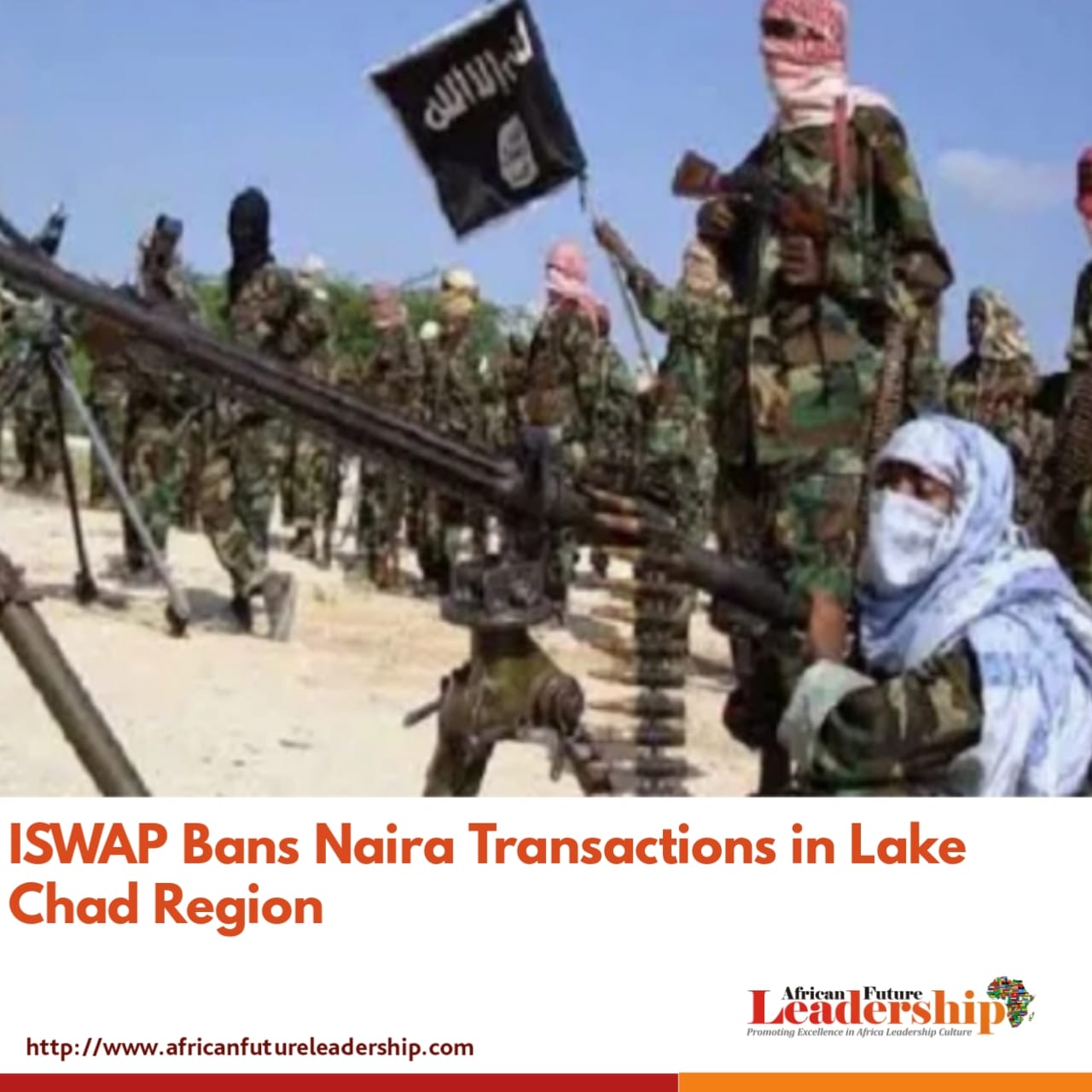Islamic State West African Province (ISWAP) a Boko Haram splinter group, has ordered farmers and fishermen in the Lake Chad region to stop transacting in naira.
This move by the terror group followed the announcement by the Central Bank of Nigeria (CBN) to redesign N200, N500 and N1000 notes.
Interestingly, the Central Bank of Nigeria (CBN) Governor, Godwin Emefiele, last month stated that the new notes would be released for public use on 15th December, 2022. He added that the old and new notes would circulate together until January 31, 2023, when the old notes would cease to be legal tenders.
A report by Zagazola Makama, a counter-insurgency expert and security analyst in the Lake Chad region, on Saturday stated that the insurgents were now receiving the West African CFA franc to replace the naira as currency of trade in the area.
The security expert, Makama, also said that ISWAP, had ordered that the monthly levy imposed on farmers and others be paid in CFA franc.
According to the report, “The move (naira redesign) by the government has thrown the ISWAP population in the Tumbus of the Lake Chad and away from bank branches, into confusion as they will find it extremely difficult to change their money into the new currency notes.
READ MORE: Nigeria, 16 Other Countries to Fight Money Laundering, Terrorism
In a related development, “The terrorists had also banned Nigerian fishermen, herdsmen and farmers from sneaking into the Lake Chad through Marte, Abadam, and Gamborun Ngala to prevent the naira from reaching into the camps of the terrorists in the Lake Chad.
Imposing the ban, “Ibn Umar and Malam Ba’ana, the ISWAP militant commanders in charge of taxes and levies, said the people were only allowed to come through safe routes established by the terror group through Bulgaram, Cikka, Guma, Maltam, Doron Liman and Ramin Dorina, villages in Cameroon Republic.
In exchange, it was reported, ISWAP collects 1,500 West African CFA Franc, monthly taxes from the people who appear willing to pay. They have also secured trade routes for merchants to enable them access foodstuffs, weapons, fuel and other logistics.“




